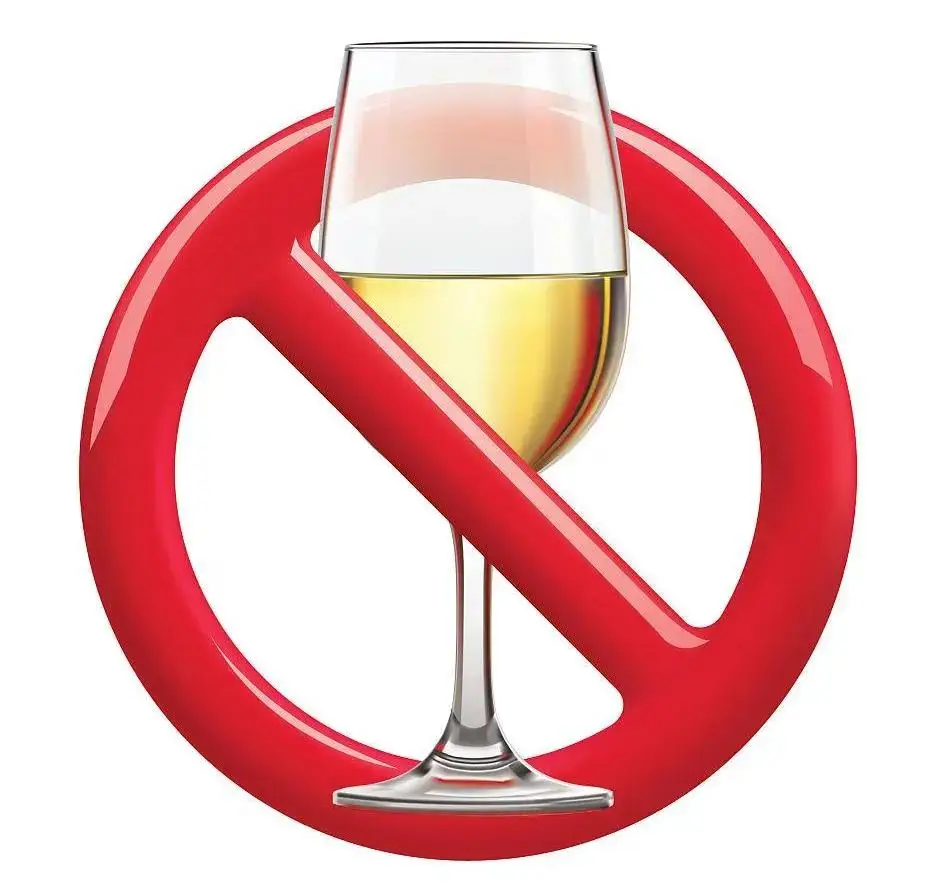The Vicious Cycle: How Alcohol Dependence Fuels Legal Troubles and the Path to Redemption
Alcohol dependence is a pervasive issue that extends far beyond the individual’s health, seeping into their social, emotional, and legal lives. One of the most alarming consequences of alcohol addiction is its direct correlation with legal troubles, particularly Driving Under the Influence (DUI) charges and assault cases. For many, these legal ramifications serve as a wake-up call—a stark reminder that quitting alcohol is not just a matter of personal well-being but a necessary step to avoid further entanglement with the law.
The relationship between alcohol dependence and DUI offenses is well-documented. When an individual becomes dependent on alcohol, their judgment, impulse control, and ability to assess risk are significantly impaired. This often leads to reckless behaviors, such as driving while intoxicated. The consequences of a DUI are severe and multifaceted: fines, license suspension, mandatory alcohol education programs, and even imprisonment. For repeat offenders, the penalties escalate, sometimes culminating in long-term incarceration. Beyond the immediate legal consequences, a DUI conviction can tarnish one’s reputation, limit employment opportunities, and strain personal relationships. The financial burden alone—covering legal fees, increased insurance premiums, and potential civil lawsuits—can be devastating.
Similarly, alcohol dependence is a major contributing factor to assault cases. Alcohol lowers inhibitions and amplifies aggression, making conflicts more likely to escalate into physical altercations. Under the influence, individuals may perceive threats where none exist or react disproportionately to minor provocations. This can result in charges ranging from simple assault to more serious offenses like aggravated assault or battery. The legal repercussions are severe, often involving criminal records, restitution payments, and probation or jail time. For victims, the physical and emotional scars can be lifelong, while perpetrators may find themselves trapped in a cycle of legal trouble and regret.
What makes these legal issues particularly insidious is their self-perpetuating nature. Alcohol dependence creates a feedback loop: the stress and shame of legal troubles often drive individuals to drink more, exacerbating the problem and increasing the likelihood of future offenses. This cycle can feel inescapable, but it is not. Many people have found that quitting alcohol is the most effective way to break free from this pattern and avoid further legal entanglements.

Quitting alcohol, though challenging, offers a path to redemption and stability. The first step is acknowledging the problem and seeking help. Support systems—such as therapy, support groups, and rehabilitation programs—provide the tools and encouragement needed to achieve sobriety. For those facing legal issues, demonstrating a commitment to quitting can also positively influence court outcomes. Judges often view efforts toward rehabilitation favorably, sometimes offering alternative sentencing options like treatment programs instead of jail time.
Moreover, sobriety brings clarity and control, allowing individuals to make better decisions and avoid situations that could lead to legal trouble. Without alcohol clouding their judgment, they are less likely to drive impaired or engage in violent behavior. The benefits extend beyond the legal sphere: improved physical health, stronger relationships, and a renewed sense of self-worth.
In conclusion, alcohol dependence is a powerful force that can lead to serious legal troubles, including DUIs and assault charges. However, these challenges also present an opportunity for change. By quitting alcohol, individuals can break the cycle of addiction and legal consequences, paving the way for a brighter, more stable future. The journey to sobriety is difficult, but the rewards—freedom from legal woes and a reclaimed life—are immeasurable.




发表评论